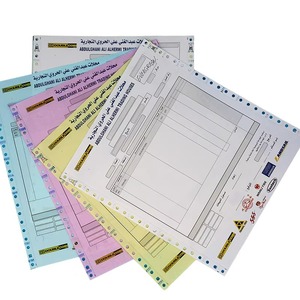Introduction to Books on Water Quality
Books on water quality serve as essential resources for environmentalists, researchers, and policymakers. These comprehensive texts elucidate various aspects of water quality—ranging from chemical analyses to biological assessments. Understanding water quality is crucial for maintaining ecosystems, public health, and resource management. This article will explore the types of books available, their applications, key features, materials covered, and the numerous advantages of utilizing these informative texts.
Types of Books on Water Quality
The literature on water quality encompasses a diverse range of genres and topics that cater to varying interests and professional needs:
- Textbooks: These are academic resources designed for students and professionals, focusing on the scientific principles and methodologies used in assessing water quality.
- Field Guides: Practical manuals that provide field sampling techniques, species identification, and guidelines for testing water quality in various environments.
- Research Compendiums: Collections of scholarly articles that present recent findings and studies related to water quality across different geographical regions.
- Policy and Regulatory References: Books outlining legal frameworks and regulatory standards necessary for maintaining and assessing water quality.
Applications of Books on Water Quality
Books focused on water quality have extensive applications across numerous fields, allowing professionals to gather relevant information for various purposes:
- Environmental Research: Researchers utilize these texts for informed studies related to pollutants, ecosystem health, and restoration efforts.
- Public Health Initiatives: Public health officials rely on water quality research to assess risks associated with drinking water and to ensure community safety.
- Education and Academia: Educators use textbooks to teach students about the importance of maintaining water bodies and the science behind water quality assessments.
- Compliance and Regulation: Industry professionals need resources to navigate and comply with environmental regulations on water quality management.
Features and Characteristics of Books on Water Quality
When choosing a book on water quality, specific features should be prioritized to ensure comprehensive understanding and practical applicability:
- Up-to-Date Information: The rapidly changing landscape of water quality research necessitates that books contain the most current data and methodologies.
- Illustrative Diagrams and Charts: Visual tools aid in understanding complex processes involved in water quality monitoring and management.
- Case Studies and Real-Life Examples: Books with applied scenarios provide contextual understanding and practical relevance.
- Comprehensive Index: A well-organized index enriches the usability of the book, allowing readers to quickly locate pertinent information.
Advantages of Utilizing Books on Water Quality
Investing in books about water quality offers numerous advantages for professionals and enthusiasts alike:
- Enhanced Knowledge Base: Readers gain a deeper understanding of water quality issues, equipping them to make informed decisions and recommendations.
- Resource Accessibility: Printed and electronic formats ensure that users can access information conveniently at any time.
- Skill Development: Comprehensive guides help professionals hone their skills in assessing, monitoring, and managing water quality.
- Contribution to Sustainable Practices: By educating themselves about water quality dynamics, readers can actively contribute to the conservation and protection of water resources.






















































